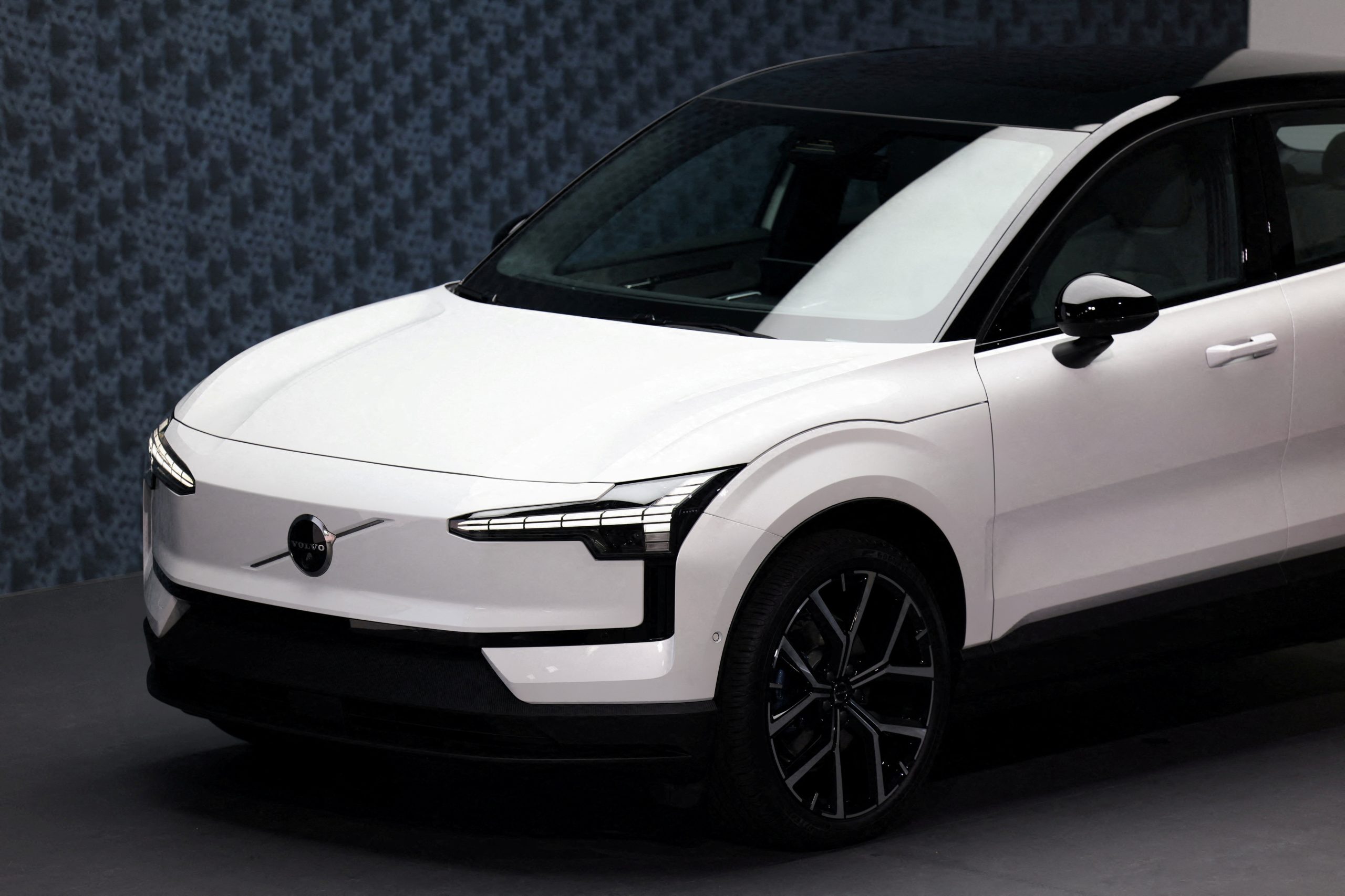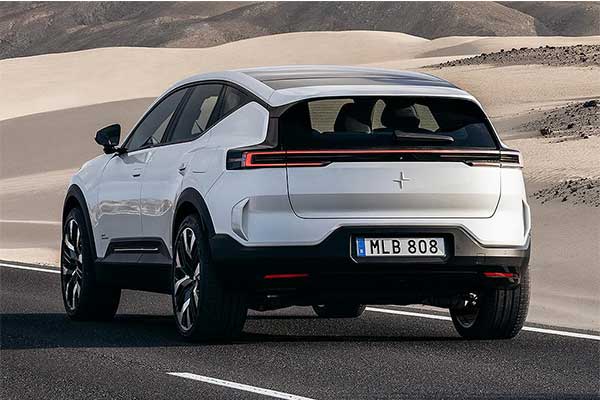The erstwhile performance division of Volvo, now operating as a separate entity, continues to rely on financial support, previously provided by Volvo. In light of a slowdown in electric vehicle (EV) sales for certain manufacturers, Volvo is seeking to trim expenses and divest its shares in Polestar.
Polestar asserts significant strides, boasting three vehicles for sale in various global markets as an essentially new company. The CEO envisions the company turning profitable by 2025, yet an additional €1.21 billion is required to achieve this goal. This financial need presents a noteworthy development.

Currently jointly owned by Geely and Volvo, with the latter holding a 48% stake, Polestar faces these changes amid Volvo’s efforts to control escalating costs. Having already downsized its workforce by releasing 1,300 employees, Volvo aims to sharpen its focus on EVs, necessitating additional funding. The proposed strategy is clear: reduce its 48% ownership in Polestar, allowing the emerging subsidiary greater autonomy.
Not surprisingly, Geely, with its billionaire owner Li Shufu, has stepped forward to cover the financial gap. Given that Geely owns 79% of Volvo and the remaining portion of Polestar, this move is akin to reallocating funds within the same conglomerate.
The market has responded positively to Volvo’s decision, with its shares experiencing a 30% surge after the announcement. This development bodes well for both Volvo and Polestar, affording the latter an opportunity to further establish its independence. Polestar’s shares, on a decline since its public debut, started at $9.76 in May 2021 and now rest at $1.93.
Contrary to some perceptions, the EV market remains vibrant. Legacy automakers face challenges in transitioning to EVs, as seen in Renault discontinuing the Ampere IPO and VW doing the same with the PowerCo IPO.
GM is revisiting plug-in hybrids, and Toyota downplays the significance of EVs. Meanwhile, as Europe grapples with Chinese imports, the Chinese EV market is outpacing global growth, with the Tesla Model Y emerging as the best-selling car worldwide.

